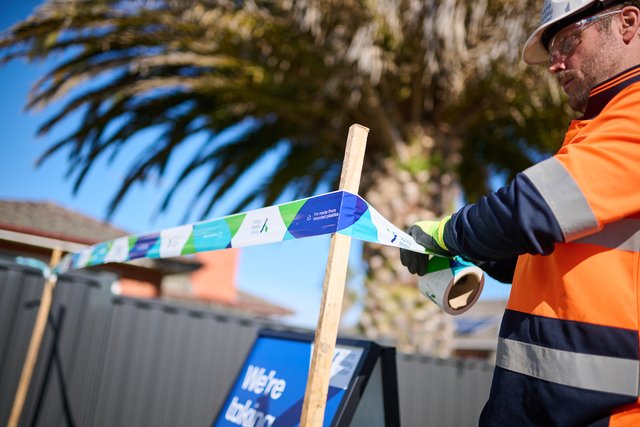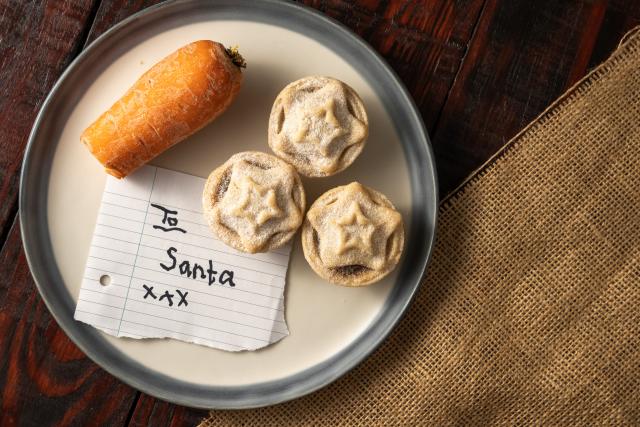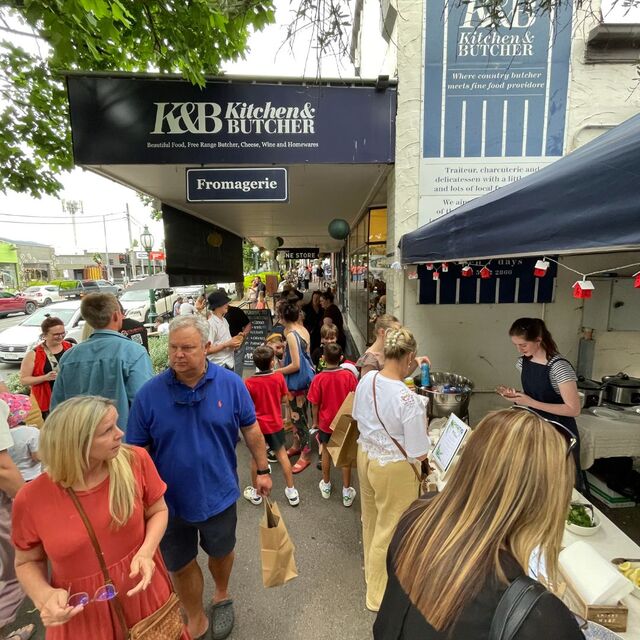In response to the build-up of plastic and microplastics in today’s environment, Yarra Valley Water will be converting to recycled ‘Eco barricade tape’ at their worksites.
Made from 96 per cent recycled soft plastics and with the goal of recycling the tape again after it has been used, Yarra Valley Water aims to remove 100 km of virgin plastic tape from circulation.
General Manager of Distribution and Growth at Yarra Valley Water Bridie Fennessy said, “This is a new initiative, driven by our commitment to reduce waste and help support a circular economy.”
It’s a small change but it’s a significant one for Yarra Valley Water. We use the tape to separate our work sites, ensuring that the public and our partners remain safe when they’re undertaking works on our water and sewerage networks,” she said.
“When selecting the new product, we considered factors like quality, reliability, local production, and cost. We needed something that met the highest standards, and we put it through field testing to ensure its safety and reliability for site use.”
Whilst this new tape is not entirely reusable, it is produced by the Melbourne social enterprise ‘Cacti Conserve,’ who collect the tape once it has been used for recycling.
Ms Fennessy said, “Every product that is recycled or repurposed reduces the need for new raw materials. Over the years, we’ve explored various tape options, including reusable alternatives. While we haven’t found a suitable and cost-effective solution on the market yet, we’re committed to opting for sustainable alternatives wherever we can.”
“This is in line with our commitment to the Sustainable Development Goals and building a circular economy,” Ms Fennessy said.
Yarra Valley Water’s circular economy and Sustainable Development Goals include sustainable energy farming, water recycling and sustainable farming among other elements.
Ms Fennessy said, “We are moving towards a more circular economy in the way we work and operate. We’re building our second food waste to energy plant, which will transform end-of-life food waste into renewable energy that will help to power our treatment facilities. Solar panels are also generating energy for our head office, treatment plants and electric vehicles.”
“We’re also exploring how we can use more recycled, reprocessed and less carbon-intensive materials in construction and maintenance and in 2023-24 we replaced over 10,600 tonnes of construction materials with recycled alternatives,” she said.
“We’re partnering with Whittlesea Community Connections to develop the Wollert Community Farm. The farm will grow food, use recycled water and demonstrate circular economy systems for the local community.”
Reducing the use and manufacture of plastics in order to battle the encroachment of microplastics into the environment, is an important part of Yarra Valley Water’s circular economy and sustainability program.
Climate Activist, Ocean Sailor and Microplastics researcher Lisa Blair confirmed that action is needed to combat the “pretty terrifying” rising presence of microplastics in the environment and in food sources.
Ms Blair said, “Every time you do a load of laundry with synthetic fibres, such as polyester, rayon, nylon, it will release around 3000 particles of micro plastics.”
“35 percent of all micro plastics generated worldwide are from car tires. These days, the tires are made from a combination of plastic and rubber and as you’re driving your car down the road, you are also eroding micro plastics onto the roadways and into the storm drains and then into the sea,” she said.
“The stats that I know are that by 2050, there’ll be more plastic in the ocean than fish, by 2050, the average fish on your dinner plate will contain 18 per cent plastic.”
Having made their first order for the recycled ‘Eco Barricade’ tape in July, Yarra Valley Water confirmed that the tape is now officially in use.







